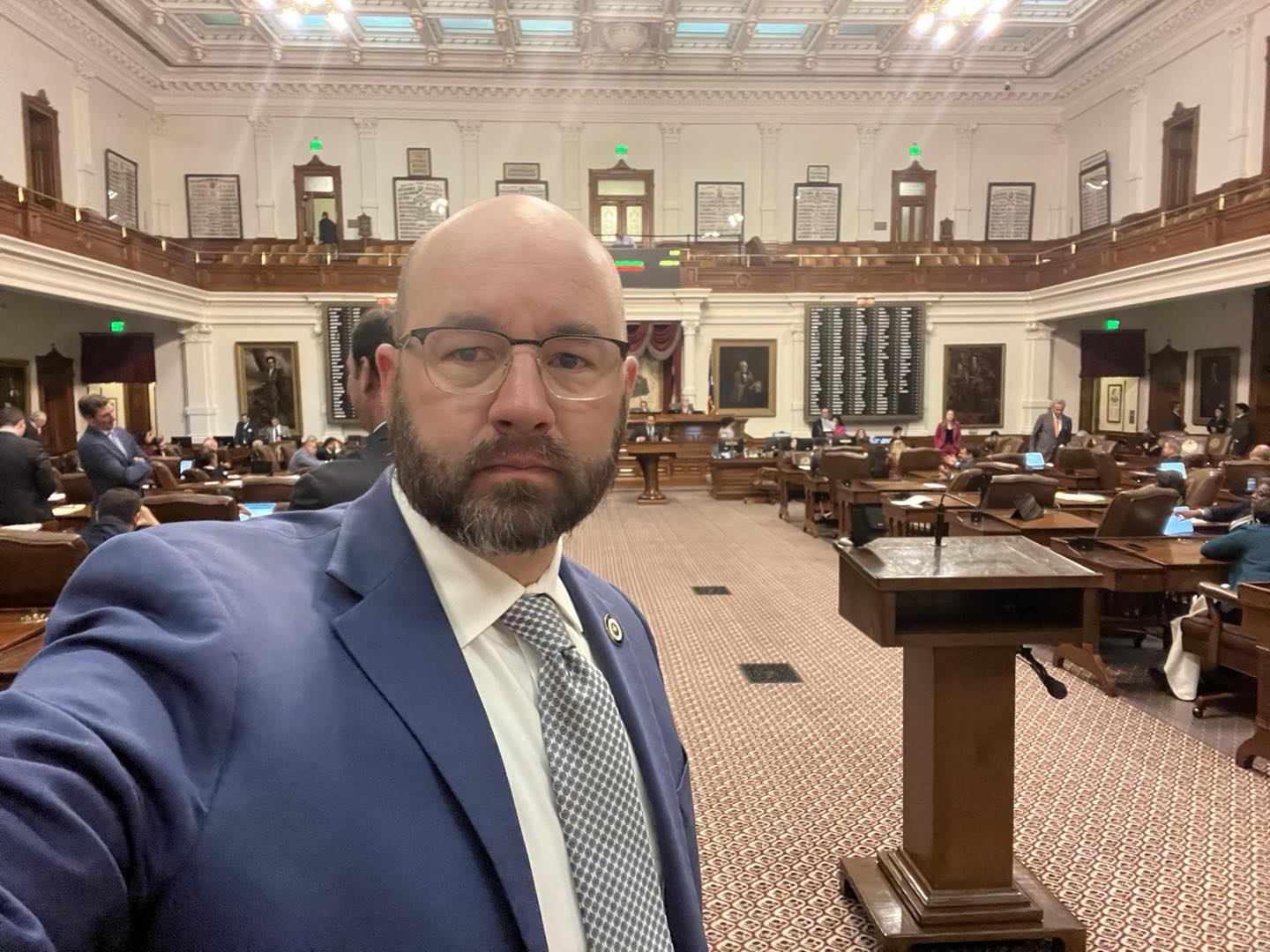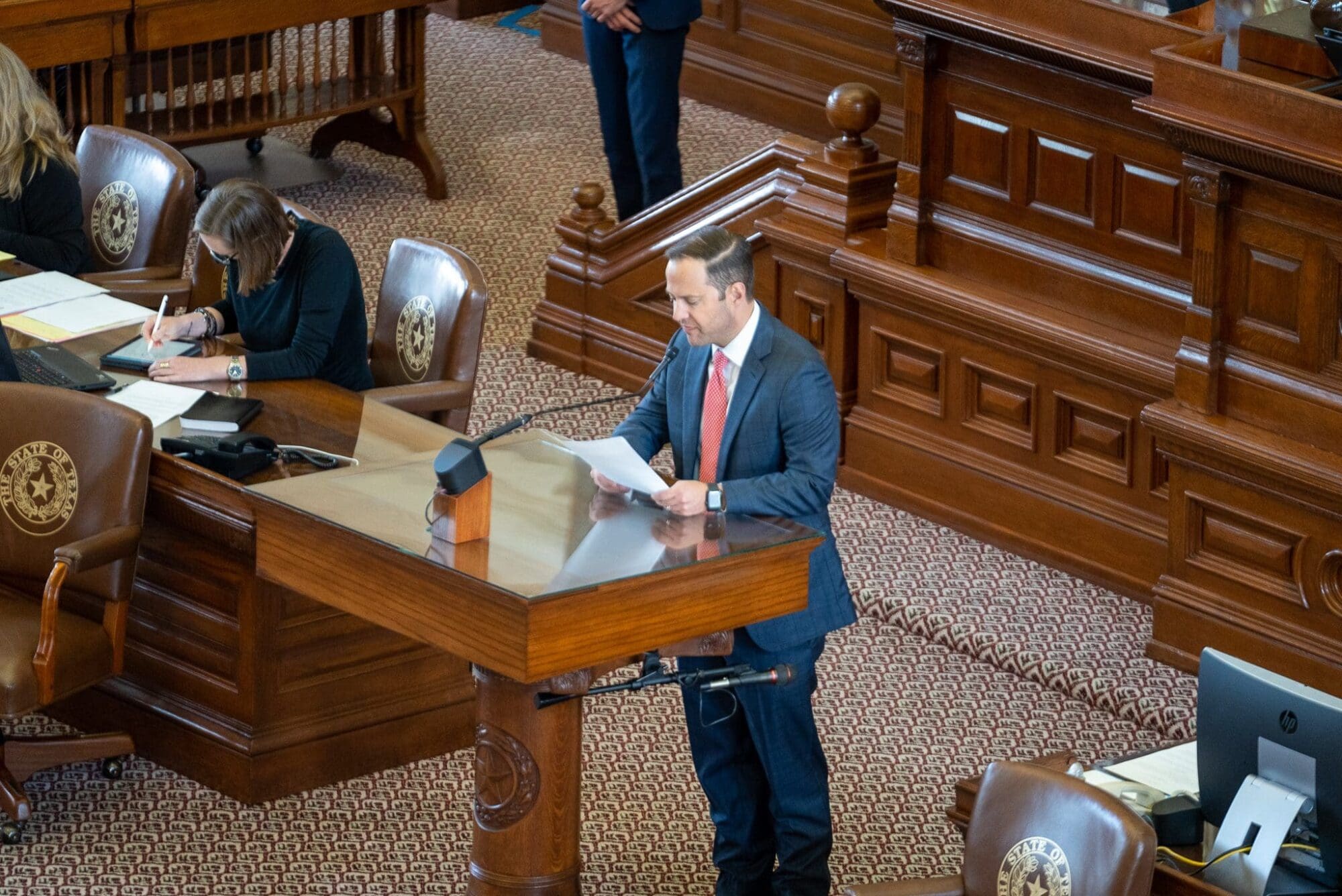The 87th Legislative Session has concluded, much to the chagrin of many activists across the state who believe that little was done in the interests of many of the issues they hold important.
But did lawmakers really “run out of time” to pass conservative priorities?
The legislature is allotted 140 days to complete their work for a regular legislative session.
The first 60 days preclude them from considering any legislation that is not an emergency priority of the governor’s according to Article 3, Section 5 of the Texas Constitution. Even then, it is up to the legislature to determine what technically fits into the broad policy area the governor lays out.
This legislative session began on January 12 and ended on May 31. The bill filing deadline was on March 12, or day 60 of the 140-day session, but most legislators had the ability to pre-file bills since November 9 of 2020, or 64 days before the session began.
Governor’s Emergency Legislative Priorities
Gov. Greg Abbott gave his biennial state of the state address on Feb 1; a whole 20 days after the legislature had convened. This allowed for about 35 days or so for the legislature to solely focus on those issues. It’s true that a severe winter storm precluded them from doing so in mid-February and certainly changed the focus of leadership in both legislative chambers.
The emergency priorities laid out by the governor included expansion of broadband services to rural and underserved areas of the state, preventing the local defunding of law enforcement, reforming bail practices, election integrity, and business liability protections from COVID-related lawsuits. After the severe winter weather in February, the governor added reforming the Electric Reliability Council of Texas (ERCOT) and the winterization of power generation facilities across the state to his list of priorities.
Brass tacks are that the legislature chose not to act on any of the legislative priorities at all within the first 60 days; which means that they instead consumed time in the remaining 80 days of the legislative session.
Committee Assignments
The House of Representatives assigned members to committees on February 4.
The Senate assigned members to committees on January 15.
Texas House of Representatives
In total, the Texas House of Representatives convened 77 days of the 140 allotted. Of those 77 days, they convened as a body for about 313 hours. Compare that to previous legislative sessions over the course of the last decade:
- 86th Legislative Session (2019): 76 days or about 394 hours
- 85th Legislative Session (2017): 86 days or about 399 hours
- 84th Legislative Session (2015): 86 days or about 386 hours
- 83rd Legislative Session (2013): 84 days or about 345 hours
- 82nd Legislative Session (2011): 91 days or about 472 hours
The first House committees did not even start meeting until March 1; one month after Abbott laid out his emergency legislative priorities, with the exception of the House Administration Committee meeting briefly to adopt certain rules, the House Appropriations Committee to begin organizing, and a joint hearing between House State Affairs Committee and the House Energy Resources Committee to investigate the fallout of the severe winter weather in February.
On March 2, the House adopted a resolution allowing them to adjourn for more than 3 days from March 3 to March 9. This passed even though State Rep. Tony Tinderholt (R–Arlington) took issue with the adjournment. The resolution was adopted by a vote of 119 to 27.
With even just a handful of days before the bill filing deadline on March 12, none of the governor’s emergency items had been heard in any committee to include some having not yet even been filed.
It was not until March 8 or day 56 of the 140-day session that House Speaker Dade Phelan announced his first legislative priorities, all of them related to the February winter storm.
On March 10, the House again adopted a resolution allowing them to adjourn for more than 3 days from March 10 to March 16. This time State Rep. Bryan Slaton (R–Royse City) expressed his concerns about the resolution and the motion to adjourn. Seemingly, House leadership was ready for questions as following Slaton’s inquiries were a series of informal inquiries by State Rep. Cole Hefner (R–Mt. Pleasant) attempting to assure the body that the House was in fact working. The resolution was adopted by a vote of 130 to 10.
Bills were not even referred to committees until February 25 in the House of Representatives, a whole 24 days after the governor laid out his emergency legislative priorities even though the House had convened 6 times after the state of the state address.
Speaker Phelan announced his plan for healthcare reform on April 6 of day 85 of the 140-day session. He announced his legislative priorities related to criminal justice reform on April 21 or day 100 of the 140-day session.
On May 12 the House adjourned early. State Rep. Bryan Slaton objected to the motion to adjourn. The motion prevailed by a vote of 116 to 19.
On May 14, several legislative priorities died as the clock struck midnight due to a self-imposed deadline preventing the House from considering additional House bills.
The House adjourned abruptly just a few days before an impending deadline stopping them from considering any additional Senate bills.
Texas Senate
In total, the Texas Senate convened 61 days of the 140 allotted. Of those 61 days, they convened as a body for about 232 hours. Compare that to previous legislative sessions over the course of the last decade:
- 86th Legislative Session (2019): 79 days or about 248 hours
- 85th Legislative Session (2017): 76 days or about 264 hours
- 84th Legislative Session (2015): 74 days or about 240 hours
- 83rd Legislative Session (2013): 71 days or about 192 hours
- 82nd Legislative Session (2011): 78 days or about 273 hours
The Senate convened just 9 times in the first 60 days of the 140-day legislative session.
Lt. Gov. Dan Patrick announced his legislative priorities on February 23 or day 43 of the 140-day session.
With the exception of the Senate Committees on Redistricting, Finance, and Business & Commerce, the majority of Senate Committees did not start meeting until March 8—56 days into the 140-day session, 52 days after the committees has been assigned, and 35 days after the governor laid out his emergency legislative items in his state of the state address.
In Context
It is important to know that much of that disparity in time spent convened is likely due to self-imposed rules by each chamber precluding the normal recognitions and consideration of resolutions congratulating and memorializing everyday Texans across the state as a part of their COVID protocols. This, in its own right, likely deserves some consideration as to whether it is in and of itself an efficient use of time.
At the end of the legislative session, two of the governor’s emergency legislative items did not get across the finish line. This included the omnibus election integrity bill, which died due to the ‘quorum-busting’ maneuver pulled by a majority of House Democrats on the last day the House could consider conference committee reports. This was day 139 of the 140-day session, a whole 118 days after Abbott announced it as an emergency priority. Bills seeking to reform bail practices like House Bill 20 and House Joint Resolution 4 died ultimately because the House never adopted the conference committee reports in time.
The same can be said for several legislative priorities of activists across the state who were subjected to yet another series of deadlines where they saw their priorities die as a result of the legislative clock. They saw it on May 14 when the clock struck midnight preventing the House from considering any additional House bills. Priorities that died as a result then included items like House Bill 1399 relating to the Texas GOP priority of protecting children and prohibiting gender modification. They saw it again on May 25 as the clock struck midnight precluding the House from considering any additional Senate bills where the prospects for legislation like protections for freedom of speech on social media platforms, or protections for women and girls in sports, or a ban on taxpayer-funded lobbying all died
All of these things could have likely been avoided if time was used more efficiently. Of course, some may question whether it’s purposefully not.
For a general overview of the entire 87th regular legislative session, click here





